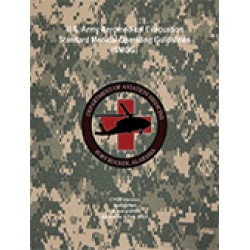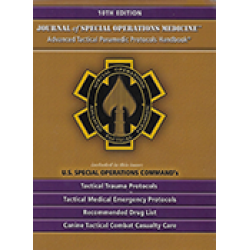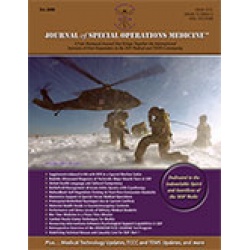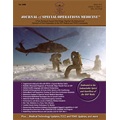Global Health Language and Culture Competency
Beadling C, Maza J, Nakano G, Mahmood M, Jawad S, Al-Ameri A, Zuerlein S, Anderson W 12(4). 10 - 16 (Journal Article)
This article presents findings from a survey conducted to examine the availability of foreign language and culture training to Civil Affairs health personnel and the relevance of that training to the tasks they perform. Civil Affairs forces recognize the value of cross-cultural communication competence because their missions involve a significant level of interaction with foreign governments' officials, military, and civilians. Members of the 95th Civil Affairs Brigade (Airborne) who had a health-related military occupational specialty code were invited to participate in the survey. More than 45% of those surveyed were foreign language qualified. Many also received predeployment language and culture training specific to the area of deployment. Significantly more respondents reported receiving cultural training and training on how to work effectively with interpreters than having received foreign language training. Respondents perceived interpreters as important assets and were generally satisfied with their performance. Findings from the survey highlight a need to identify standard requirements for predeployment language training that focuses on medical and health terminology and to determine the best delivery platform(s). Civil Affairs health personnel would benefit from additional cultural training that focuses on health and healthcare in the country or region of deployment. Investing in the development of distance learning capabilities as a platform for delivering health-specific language and culture training may help ease the time and resources constraints that limit the ability of Civil Affairs health personnel to access the training they need.


 English
English 




